Curious and clever, pigs are certainly remarkable animals. Many Australians appear to agree, taking an interest in pig welfare by, for example, choosing to look for higher welfare pork products. But what does a pig actually need for higher welfare and a better quality of life? Here are a few interesting facts about pigs and their needs on farm.
Pigs need adequate housing with room to roam
Pigs love to forage and explore their environment, and having adequate space is important so that pigs can be active and express these natural behaviours. In Australia, pigs may be housed in intensive indoor, semi-indoor (outdoor-bred) or outdoor (free-range) farming systems. Intensive farming systems often keep pigs closely confined in barren environments, limiting their movement and ability to carry out natural behaviours, which can lead to pigs experiencing both physical and psychological stress.
While the majority of pork producers in Australia have voluntarily phased out the use of sow stalls, in intensive indoor housing systems, sows (mother pigs) are still commonly confined to farrowing crates just prior to giving birth and until her piglets are weaned. In farrowing crates, a sow is confined to a small pen unable to turn around, freely interact with her piglets or perform natural behaviours such as nest building.
For higher welfare, sows should be housed in appropriate groups, and when close to giving birth, moved to individual housing with nesting material where they can move freely, comfortably rest and nurse their piglets.
Pigs are intelligent and social
Pigs are very social, forming strong bonds with one another and becoming stressed when alone. For this reason, housing pigs in groups is a key factor in providing a positive environment for them. Being able to socially interact is important enrichment for pigs, and, just like us, each pig has unique personality traits, with some more vocal and rambunctious and others more laid-back in nature.
Social interaction, however, is just one of the enrichment provisions these intelligent creatures need. Pigs are incredibly clever and need a variety of stimulation to keep active, otherwise they can become bored and/or aggressive towards other pigs. For example, pigs enjoy foraging, and so it’s very important that they’re provided with the right materials to engage in this natural behaviour. Foraging materials need to have certain qualities to satisfy pigs – they need to be safe to ingest, destructible, manipulable, and chewable. New and different materials should be provided regularly to keep pigs interested and to make sure their foraging needs are being met.
Lastly, pigs enjoy playing. Play is important for piglet development and includes energetic running or hopping, social play, and play fighting. Even once they’re adults, pigs enjoy playing, with each other and with items such as straw or chewable toys.
Pigs are clean animals
Pigs like to keep themselves clean, and when given the option they will not soil the areas where they eat or sleep. They do however enjoy muddy wallows which they use to help regulate their body temperature in warmer weather and protect themselves from sunburn, flies, and external parasites. Wallows are an important provision for pigs reared outdoors and provide another form of social enrichment as pigs will often wallow in groups.
There’s a reason why we have the saying ‘as happy as a pig in mud’, because being able to wallow in mud is an important part of pig welfare.
What does the RSPCA Approved Farming Scheme require for pigs?
Pig farms with the RSPCA Approved certification focus on providing for the pig’s welfare, with 322 requirements under the RSPCA’s Standard that must be met to achieve certification. RSPCA Approved pigs are raised with space to roam and move freely so they can exercise, socialise, and forage. Good quality bedding is provided so that all pigs have a comfortable area to rest and allows sows to build nests for their piglets.
Sow stalls, boar stalls, and farrowing crates are not permitted under the RSPCA Standard for pigs. Painful procedures such as teeth clipping, tail docking, and castration are also not allowed.
The RSPCA Standard for pigs takes into account the natural behaviours of pigs and ensures that housing and husbandry practices on farm enhance pig welfare. Achieving RSPCA Approved certification also means regular on-farm and abattoir assessments by specially trained RSPCA Assessors who visit farms twice a year and abattoirs annually to verify the Standard is being maintained.
Interested in more?
Read more about sourcing higher-welfare pork: Pork Labelling
Watch what life is like for RSPCA Approved pigs: RSPCA Approved Farming: Pigs

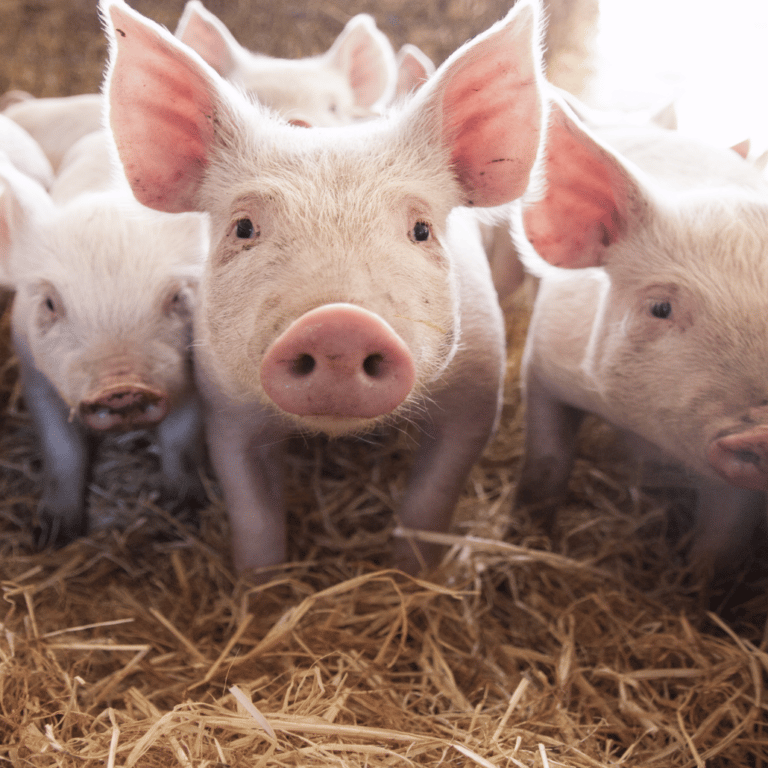
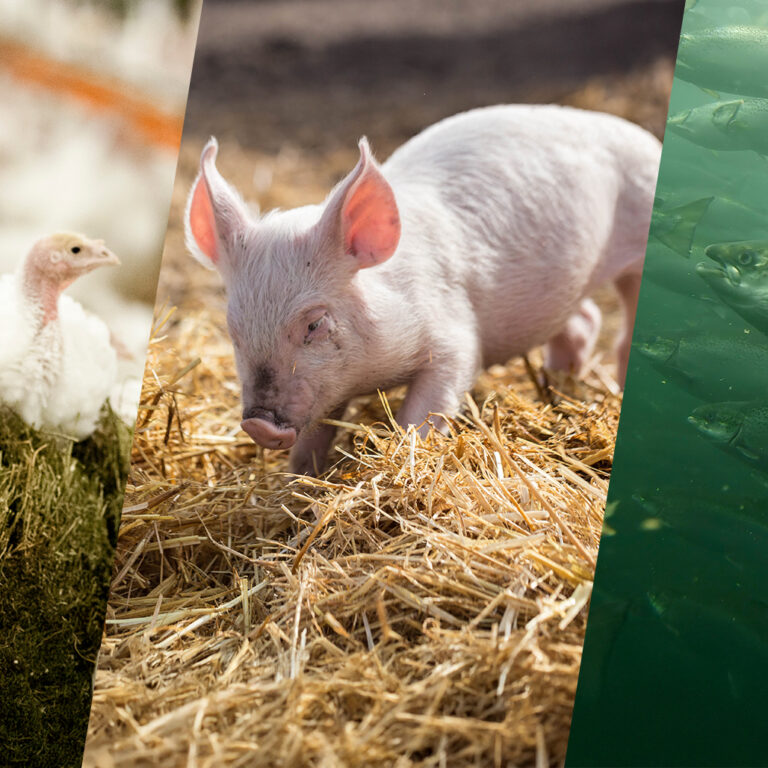
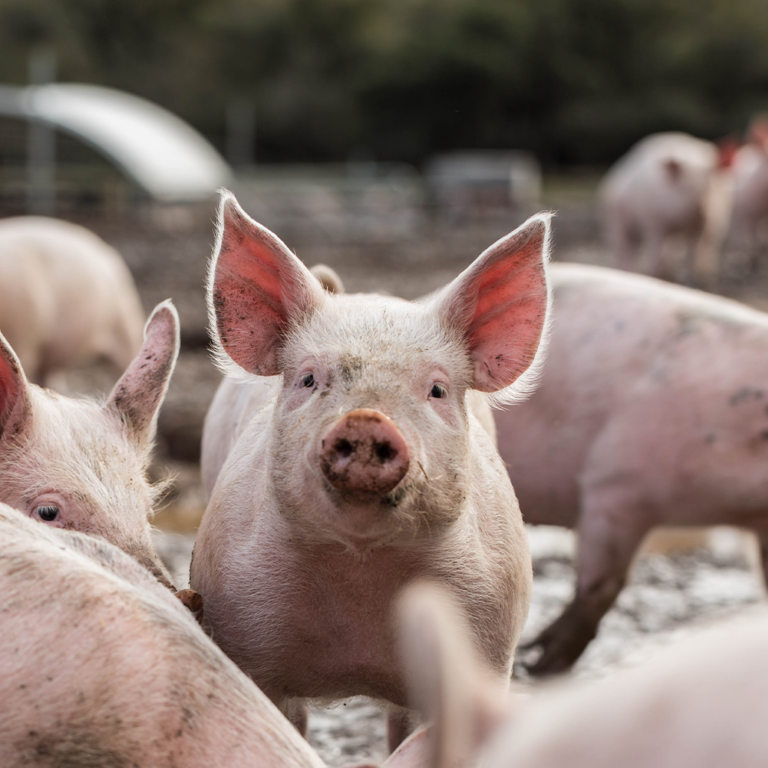
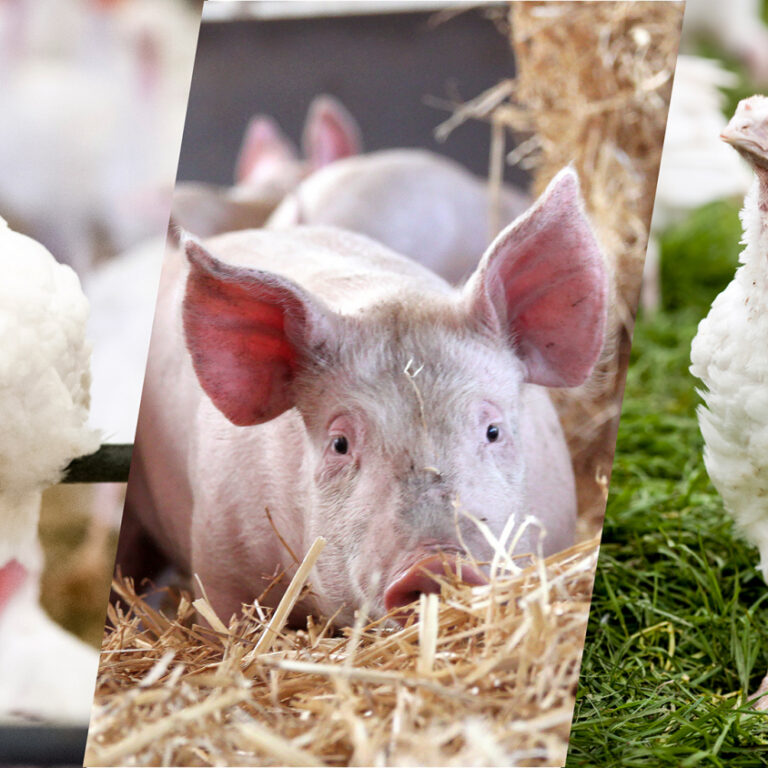
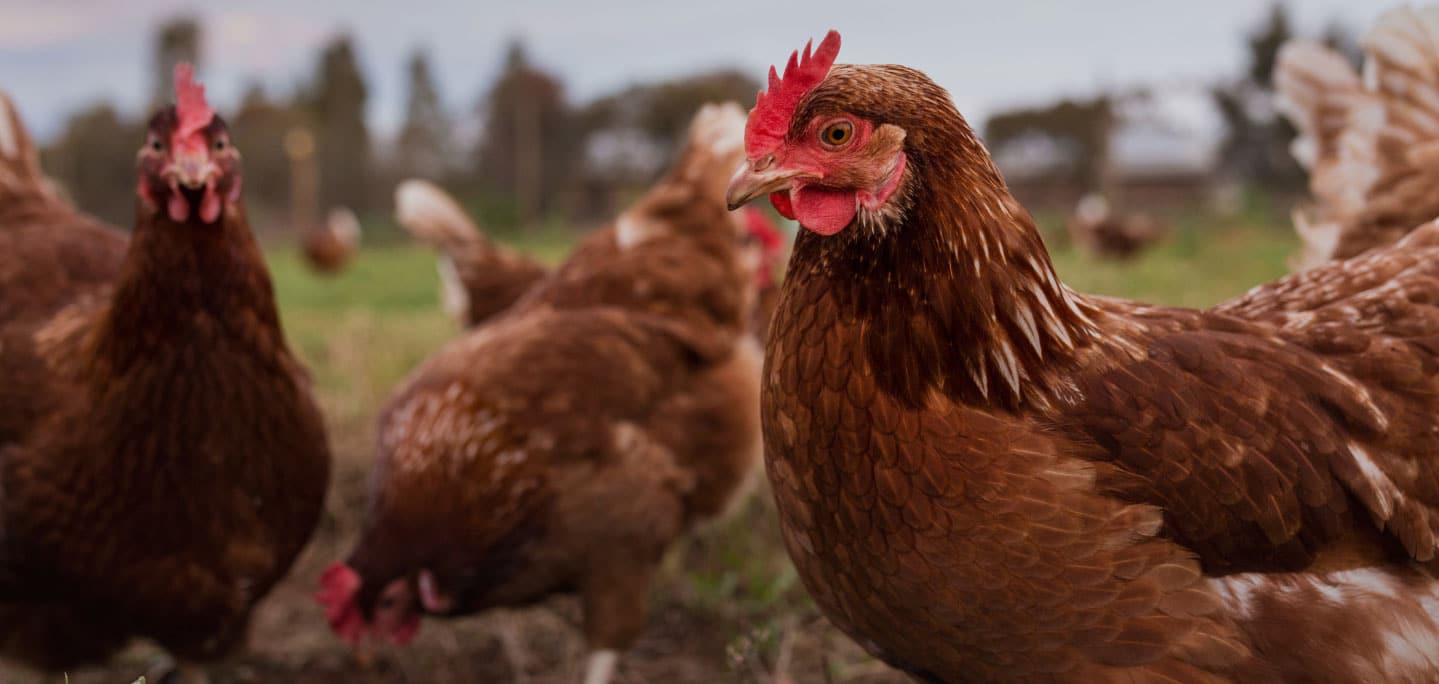

6 Comments
6 responses to “From snout to tail: What to know about pig welfare ”
As in the previous article about ducks, which I enjoyed reading, I equally enjoyed reading about pigs.
I am an animal lover and have been since as long as I remember
Well done to the author of this article who again delivered the message sympathetically and succinctly
Anton
I look forward to the day when RSPCA has articles about pigs and them living happily, not simply better conditions prior to being killed for food…
which we don’t need to do in this modern day and age….
I have heard terrible stories about pig gassing. Is it possible to find out which piggeries use this method of slaughter?
Hi Ronda,
The RSPCA shares concerns about the use of CO2 stunning for pigs. You can read a recent statement here: RSPCA calls again for pig industry action to improve stunning.
There are two commercial pig stunning methods available in Australia: electrical stunning and exposure to high concentrations of CO2 gas. You can read more about these on the RSPCA Knowledgebase.
Stunning prior to slaughter is legally required in Australia. Stunning is intended to render the animal unconscious so that slaughter can be carried out while the animal is insensible to pain. The RSPCA believes all methods of slaughter should be humane, and meet criteria such as the death of an animal without pain suffering or distress, high operator skill to ensure correct animal handling and correct application of the slaughter method, as well as CCTV to improve the efficiency of animal welfare monitoring and enforcement activities through real-time monitoring and reviewing of recorded footage.
The RSPCA engages with the pig industry and government to push for higher animal welfare standards, including currently through the review of Australian Standards & Guidelines for the welfare of livestock at slaughtering establishments. We continue to highlight the critical need for investment in research to develop stunning systems that retain the welfare benefit of group handling and minimal restraint of pigs while avoiding negative animal welfare impacts. You can see a comparison of regulation of slaughtering establishments in each state and territory here: RSPCA Animal Welfare Scorecard
I hope this information has been helpful. Thank you for caring about pig welfare.
The information was helpful but it is difficult to find RSPCA certified pork anywhere. I have stopped buying pork of any description unless it is free range. As this costs so much I shall just have to do without. I miss my bacon! It is unfathomable to me the cruelty inflicted on these delightful animals. Cattle can graze freely, why not pigs? I just don’t get it.
Hi Karen,
We’re happy to hear you found the blog helpful!
RSPCA Approved pork can be found year-round, at Coles.
You can read more about why RSPCA Approved bacon isn’t in market on our blog, here: Where can I find RSPCA Approved bacon?
As long as animals are farmed for food and fibre, the RSPCA is committed to advocating for their welfare to be treated as a priority. In the absence of better legal requirements, the RSPCA Approved Farming Scheme was developed as a solution to drive better welfare standards on farm; including for pigs to be housed in an enriched environment that encourages them to do all the things they like to do, like forage, play, socialise, build a nest, wallow in mud.